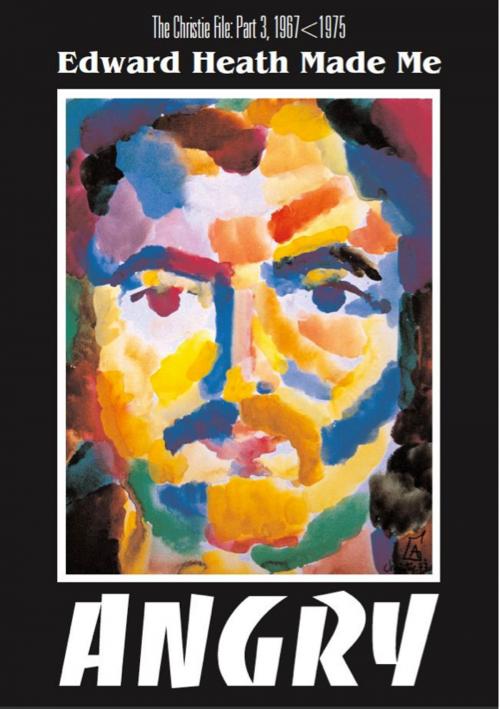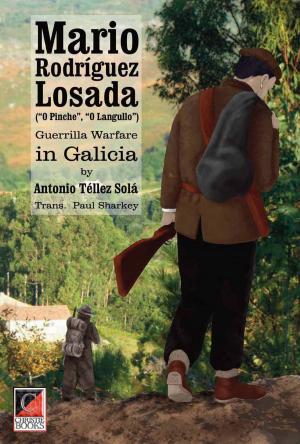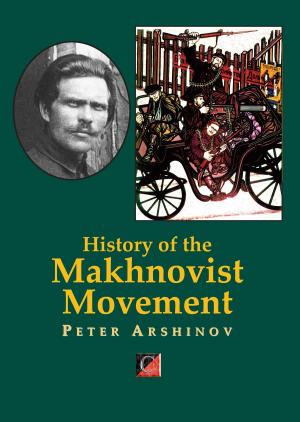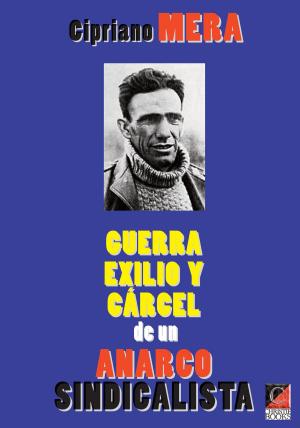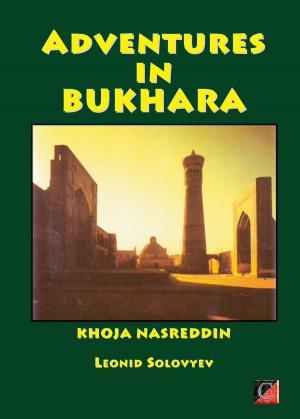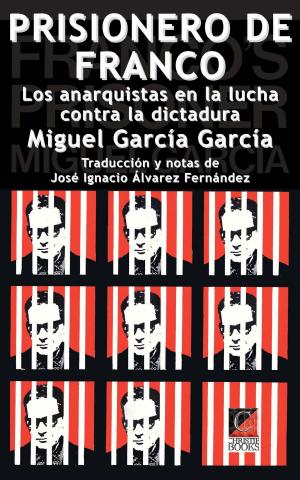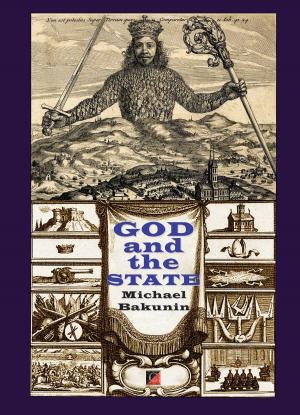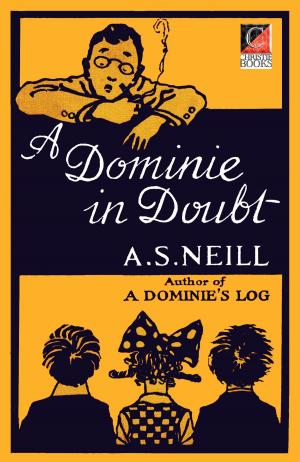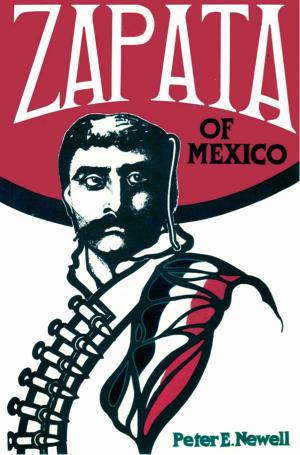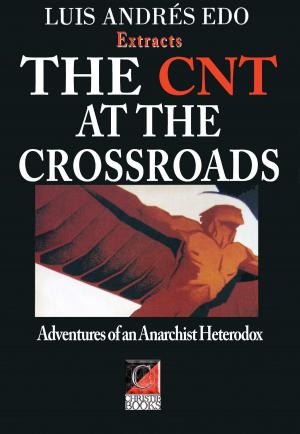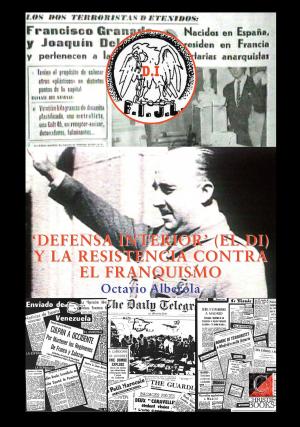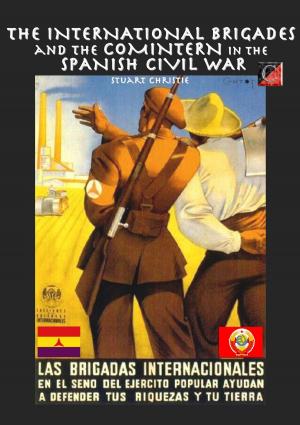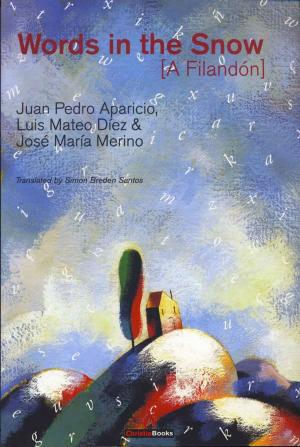Edward Heath Made Me Angry
(The later memoirs of a West of Scotland ‘baby-boomer’)
Nonfiction, History, Western Europe, Revolutionary, Biography & Memoir, Political| Author: | Stuart Christie | ISBN: | 1230000272449 |
| Publisher: | ChristieBooks | Publication: | October 6, 2014 |
| Imprint: | ChristieBooks | Language: | English |
| Author: | Stuart Christie |
| ISBN: | 1230000272449 |
| Publisher: | ChristieBooks |
| Publication: | October 6, 2014 |
| Imprint: | ChristieBooks |
| Language: | English |
Stuart Christie was released from a Spanish prison in September 1967, having served over three years of a 20-year sentence for his part in an anarchist plot to assassinate General Franco, the last of the Axis dictators. He came back to a world of social and industrial turbulence, growing anger at America’s war in Vietnam, dissatisfaction with parliamentary government and political parties, and fermenting ideas about justice, direct democracy and extra-parliamentary organisation. It was a time when revolutionary change seemed both morally imperative and achievable.
This third volume of Christie’s memoirs provides the historical and political context for the international anti-Franco resistance of the anarchist ‘First of May Group’, from 1967 to the dictator’s death in 1975. It is a first-hand account — by someone accused but acquitted — of the campaign of anti-state and anti-capitalist bombings by diverse groups of libertarian militants who came together as the ‘Angry Brigade’ to challenge the aggressively anti-working class policies of the Tory government of Edward Heath.
The coming to power of Edward Heath’s government in 1971 redefined the limits of protest. Opponents of government were ignored or criminalised, hard won employment rights and social reforms were rolled back, and so was democracy itself. To challenge government became life threatening, as radicals across Europe and America were to discover (Benno Ohensorg, Thomas Weissbecker, Georg von Rauch, Rudi Dutschke, Giuseppe Pinelli, the six anti-Vietnam war protestors at Kent and Jackson State universities).
The emergence of the Angry Brigade was one of the more dramatic responses of the time to Tory
reaction, the legitimisation of greed and creeping Napoleonic government.
The Angry Brigade’s audacious actions were not part of a strategy of regime-change, they were intended to emphasise and reflect the extent and depth of working-class opposition to Heath’s regime, and the callous values it was imposing on the people of Britain. They were signals that lines were being drawn, and that at least one small section of society was angry about what was being done in the world, in their name, and was prepared to do something about it.
Edward Heath Made Me Angry provides an overview of a unique period in modern British history — the ‘angry decade’ from 1966 to 1975. A time when it became apparent to many that politics was an equivocal and amoral game whose only winners were those with little — if any — integrity, no recognisable moral compass or sense of principle; glib talkers with light fingers and cold hearts whose sole aim was the acquisition and retention of power. It is an account of the events which shaped Christie’s understanding of the world, and a reminder of a revolutionary and idealistic yesteryear that offers a treasure-trove of potentially useful experience and insights to recurring generations of new youth seeking a better world, or at least ameliorating the present one.
Stuart Christie was released from a Spanish prison in September 1967, having served over three years of a 20-year sentence for his part in an anarchist plot to assassinate General Franco, the last of the Axis dictators. He came back to a world of social and industrial turbulence, growing anger at America’s war in Vietnam, dissatisfaction with parliamentary government and political parties, and fermenting ideas about justice, direct democracy and extra-parliamentary organisation. It was a time when revolutionary change seemed both morally imperative and achievable.
This third volume of Christie’s memoirs provides the historical and political context for the international anti-Franco resistance of the anarchist ‘First of May Group’, from 1967 to the dictator’s death in 1975. It is a first-hand account — by someone accused but acquitted — of the campaign of anti-state and anti-capitalist bombings by diverse groups of libertarian militants who came together as the ‘Angry Brigade’ to challenge the aggressively anti-working class policies of the Tory government of Edward Heath.
The coming to power of Edward Heath’s government in 1971 redefined the limits of protest. Opponents of government were ignored or criminalised, hard won employment rights and social reforms were rolled back, and so was democracy itself. To challenge government became life threatening, as radicals across Europe and America were to discover (Benno Ohensorg, Thomas Weissbecker, Georg von Rauch, Rudi Dutschke, Giuseppe Pinelli, the six anti-Vietnam war protestors at Kent and Jackson State universities).
The emergence of the Angry Brigade was one of the more dramatic responses of the time to Tory
reaction, the legitimisation of greed and creeping Napoleonic government.
The Angry Brigade’s audacious actions were not part of a strategy of regime-change, they were intended to emphasise and reflect the extent and depth of working-class opposition to Heath’s regime, and the callous values it was imposing on the people of Britain. They were signals that lines were being drawn, and that at least one small section of society was angry about what was being done in the world, in their name, and was prepared to do something about it.
Edward Heath Made Me Angry provides an overview of a unique period in modern British history — the ‘angry decade’ from 1966 to 1975. A time when it became apparent to many that politics was an equivocal and amoral game whose only winners were those with little — if any — integrity, no recognisable moral compass or sense of principle; glib talkers with light fingers and cold hearts whose sole aim was the acquisition and retention of power. It is an account of the events which shaped Christie’s understanding of the world, and a reminder of a revolutionary and idealistic yesteryear that offers a treasure-trove of potentially useful experience and insights to recurring generations of new youth seeking a better world, or at least ameliorating the present one.
